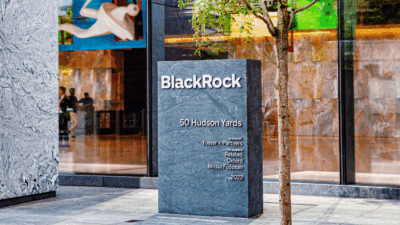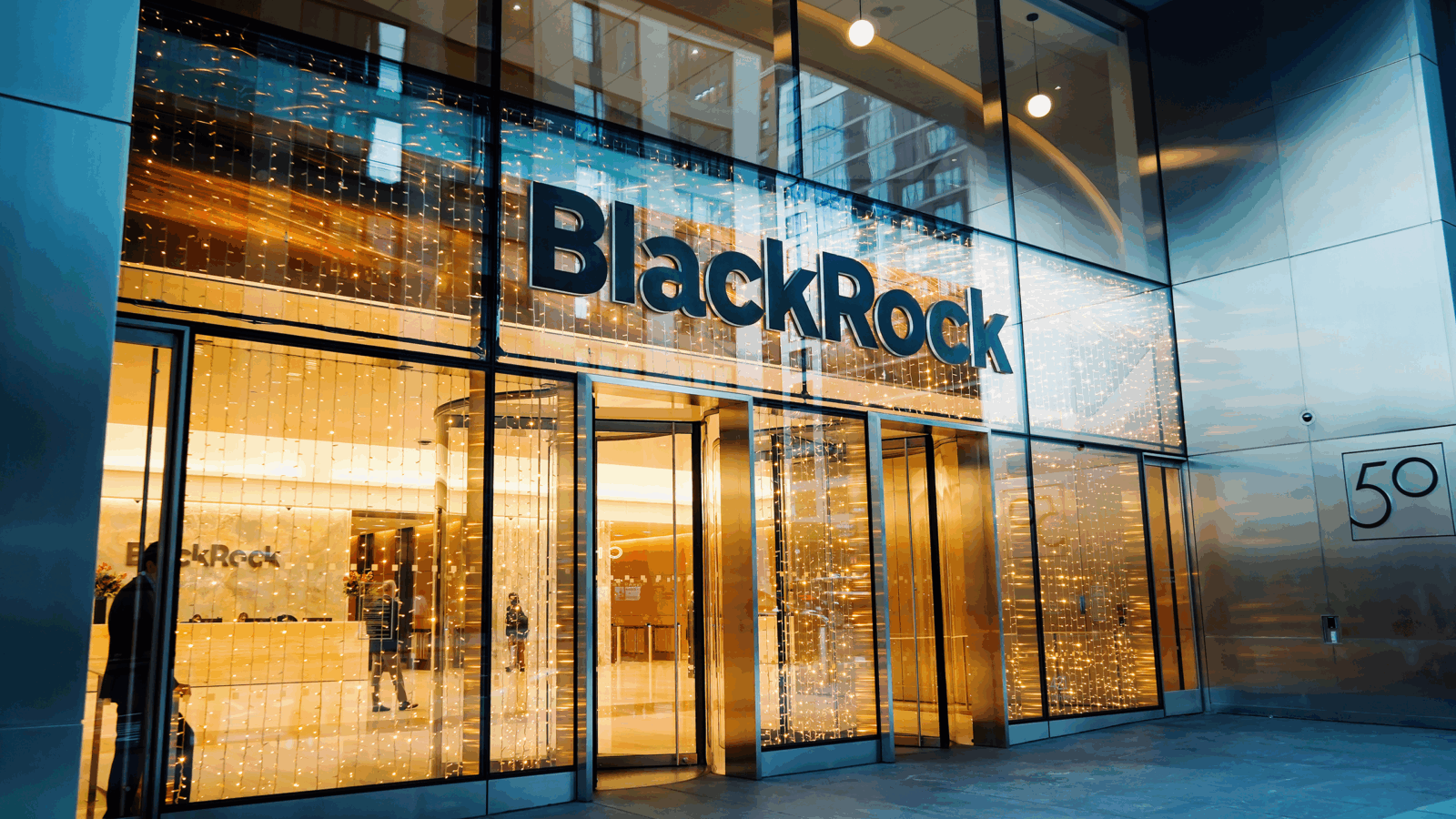Sign up for smart news, insights, and analysis on the biggest financial stories of the day.
They say there are only a few certainties in life – death and taxes.
South Korea’s Lee family is facing a $12 billion inheritance tax bill after the recent passing of Lee Kun-hee, the long-time chairman and heir to the Samsung fortune.
On top of family drama, the massive tax carries implications for both Samsung and all businesses in South Korea.
Inheriting a Headache
At a rate of 50%, South Korea’s inheritance tax would rank second among OECD nations (just ahead of France’s 45% and behind Japan’s 55%). However, as is the case with the Lee family, the figure jumps to 60% if the inheritance beneficiary is a company’s largest shareholder.
Higher rate aside, the tax operates a bit differently from the US’s 40% estate tax, too, shifting the timeline of payment. In America, the estate tax is calculated on the total value of the deceased’s assets, and is collected before any assets are distributed to beneficiaries. For South Korea’s inheritance tax, the price is named, and, in the case of the Lee family, a payment plan spread across a 5-year window is given.
To pay the price, the Lee family is considering everything from divesting in pieces of its electronics empire and departing with pieces of its extravagant 13,000-piece art collection.
The tax has private equity firms anxiously lurking. As the industry titans that supercharged the Japanese and South Korean economies in the 1980s begin to pass away, savvy firms have been snapping up pieces of corporate pies as families look to ease their heavy tax burden.
It belongs in a museum: To foot part of the bill, the family is considering selling parts of it’s extensive art collection, which includes works by influential artists such as Mark Rothko, Pablo Picasso and Andy Warhol.
But rather than sell the art to the highest bidder, the Lee’s are said to be considering donating pieces to the state-run museum in exchange for tax breaks. Estimated to be worth $2.7 billion, parting with their collection will help foot a large portion of the tax bill.
the takeaway
This is not your typical estate sale.











